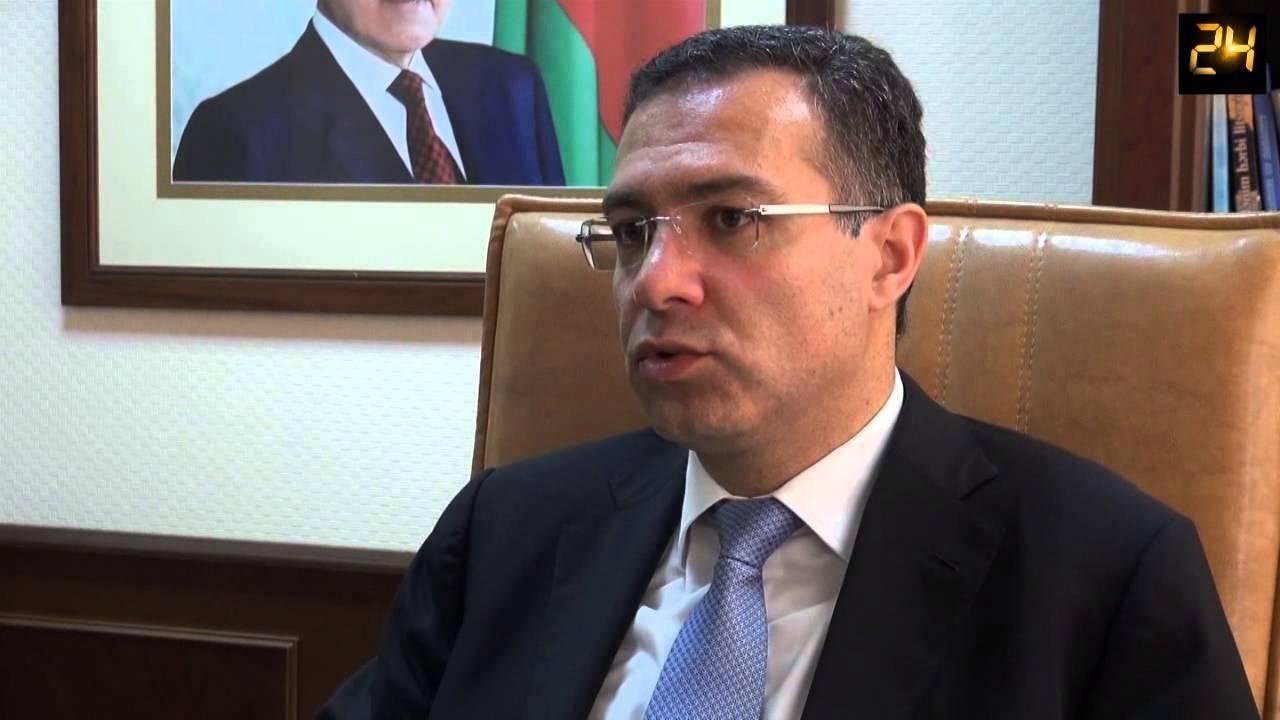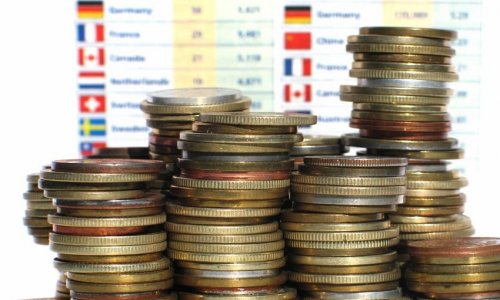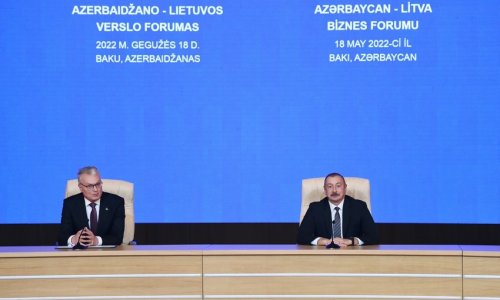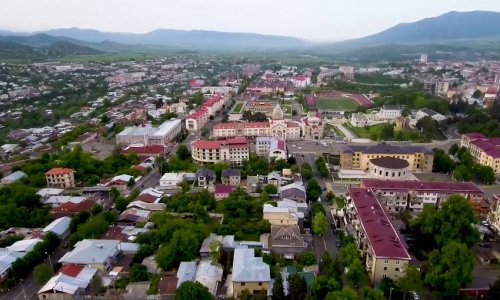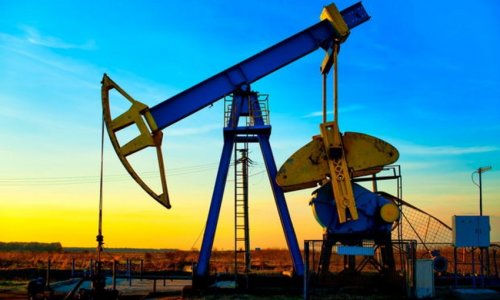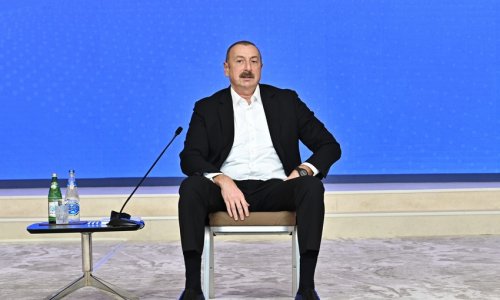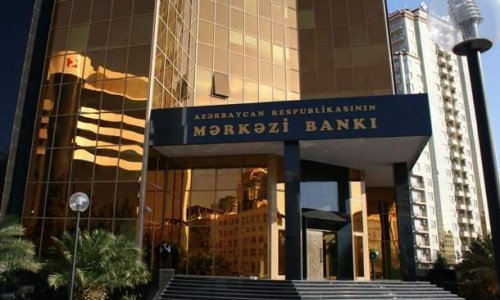The standard is set by the Extractive Industries Transparency Initiative (EITI), which is backed by governments, corporations and financial institutions and aims to promote open and accountable management of natural resources.
In 2015, EITI downgraded Azerbaijan to "candidate" from "compliant" country because of its concern about limits on civic freedoms in the former Soviet republic. In October this year, the EITI board said Azerbaijan had made meaningful
progress, and retained its candidate status.
"Azerbaijan has assessed this decision as positive and believes that it will encourage further prompt steps in
resolution of other existing problems," SOFAZ's executive director Shahmar Movsumov said.
"We believe that further developments in EITI implementation in Azerbaijan will not be ignored by the international community and will have a positive effect on the country's future in the EITI," he added in an e-mailed answer to Reuters questions.
The $35-billion SOFAZ, which holds proceeds from oil contracts, oil and gas sales, transit fees and other revenue, uses income from investments to pay for infrastructure projects.
In March, Azerbaijan pardoned 148 prisoners including journalists, prominent rights
activists and political opponents, in an apparent move to deflect Western criticism of its human rights record.
The EITI will deliver its next update in July 2017, and Azerbaijan risks being suspended if it fails to make further progress.
Its presence in the EITI is important for international investors and banks attracted to its oil and gas sector, and could affect decisions by the European Bank for Reconstruction and Development on funding the construction of pipelines.
"The Azeri government implements EITI not for gaining any loans from international financial
organisations , but in the firm belief of the importance of EITI for the country and the people," Movsumov said.
"At the same time, implementation of EITI supports
improvement of the investment climate in the country."
Oil and gas account for about 75 percent of Azerbaijan's state revenues and 45 percent of
gross domestic product, so the slump in crude prices since mid-2014 has hit the country particularly hard.
(Reuters)
www.ann.az
Follow us !

